Published Feb 3, 2017
The Importance of Education on TNG
The Importance of Education on TNG
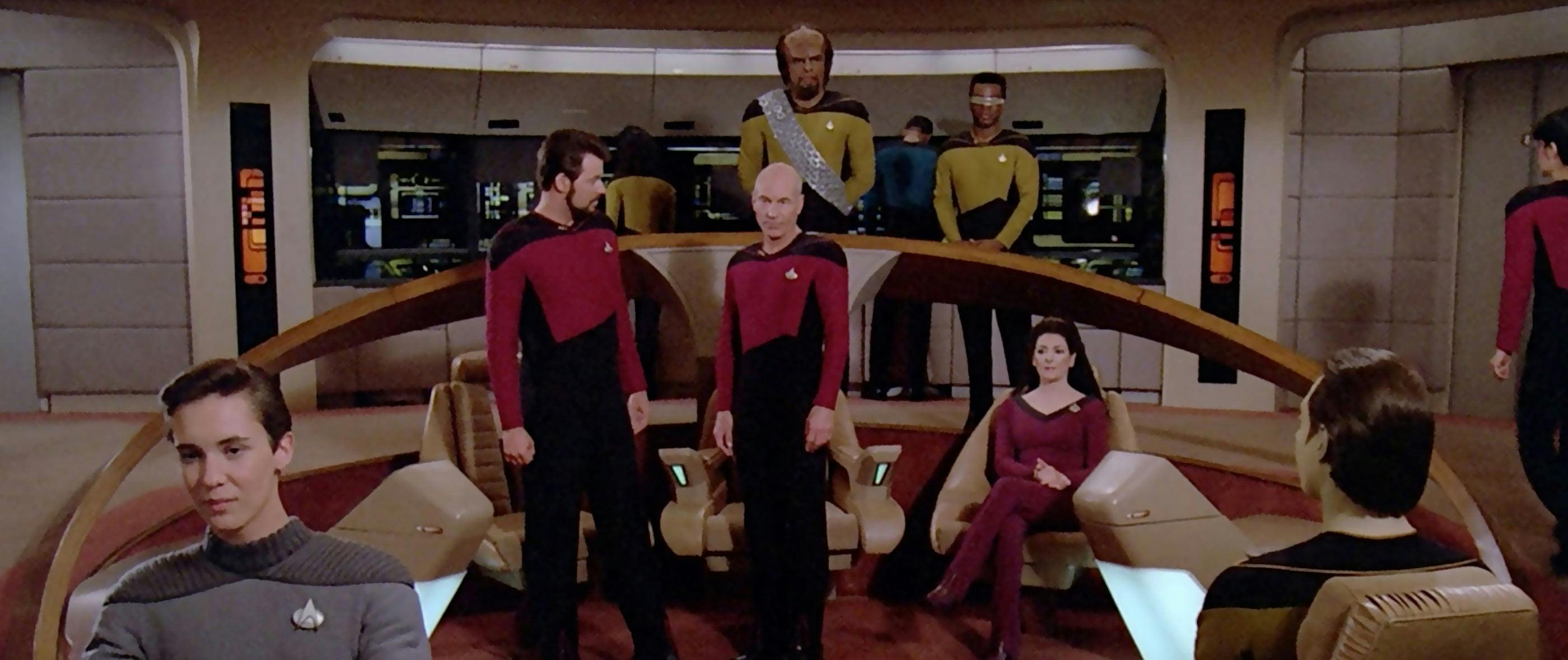
Gene Roddenberry’s vision of the Federation was one in which humanity had overcome its violence and come together in unity. It is a vision in which humanity accepts diversity and welcomes other cultures, histories, and even alien species in recognition that we can learn from and benefit each other. It’s no secret that such a vision seems so far off in our current setting that it appears unrealistically utopic. Nonetheless, Star Trek fans grasp on to this vision in the hope that we might work toward an increasingly just society. The pressing question is “How do we get there?”This blog post is the first of three that attempts to put forward some ideas in response. I do not claim these will be comprehensive, but I hope that they will generate conversation among Star Trek fans. As an educator, I naturally think that education is essential for our societal health. However, despite all of Star Trek’s technological advances, what makes Roddenberry’s vision possible is that technical ability is necessarily brought together with a humanist vision of the world, and for this we need an education that is more than one focused on practical skill alone.
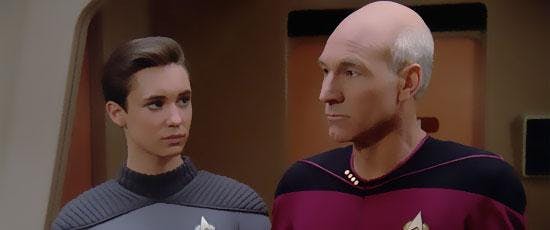
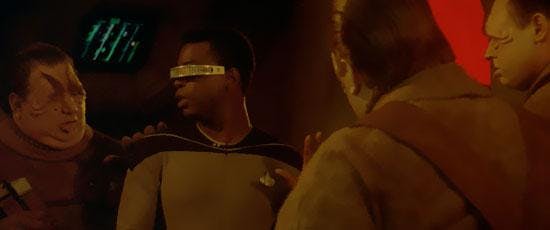
This contrasts with the discussions between Picard and Wesley Crusher. Despite Wesley’s perception that Picard is uninterested in him it becomes apparent that the Captain has taken something of a mentoring role with the young ensign. He has given Wesley a book to read, a book that Wesley assures him will not be on the Starfleet exams. Picard responds with an affirmation that the important things never are. Picard instructs Wesley that “there is no greater challenge than the study of philosophy.” While learning the mechanics of a starship are essential, Picard knows that the soul of the Federation and the heart of Starfleet’s mission encompass more. He says, “Open your mind to the past: art, history, philosophy, that all this might mean something.”
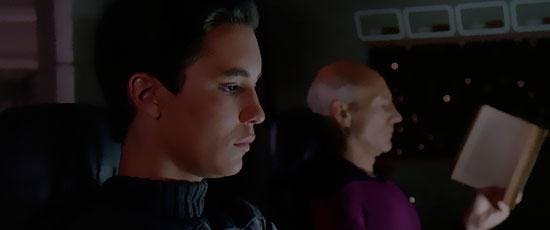
The immaturity of the Pakled did not arise from their desire to advance technologically. Their immaturity is exhibited in how they equate being smart with making things go. They lost their desire to understand why scientific and technological advancement might be important. In a scenario felt by many people today, they were willing to use, take advantage of, and even injure their worker (Geordi La Forge) for the sole purpose of their own advancement. They did not bother to investigate why certain skills might be important or what principles ought to guide them. The Pakled equate technology with advancement. As Troi adduced, “They want instant power and instant gratification.” Picard takes a different approach. Technology is simply a tool and it is a necessary one. However, it is the human search for meaning, the critical investigations into the perennial questions we have asked, and the hope “that all this might mean something” which gives intelligibility and guidance to technical development. An education centering on technology but devoid of history, literature, and philosophy is an education satisfactory for the Pakled. Taking a cue from James, such an education, focused only on technology, has practically unsatisfactory outcomes. It simply doesn’t work. We begin to treat others as the Pakled treated La Forge, as mere instruments of our own advancement. We lose our maturity and our humanity.
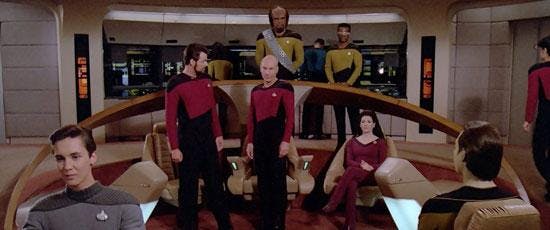
Timothy Harvie is Associate Professor of philosophy and ethics at St. Mary's University in Calgary, Canada. His interests lie primarily in philosophical theology, political philosophy, environmental and animal philosophies, and ideas of the role of hope in society. He is a lifelong Star Trek fan. http://www.stmu.ca/dr-timothy-harvie/
